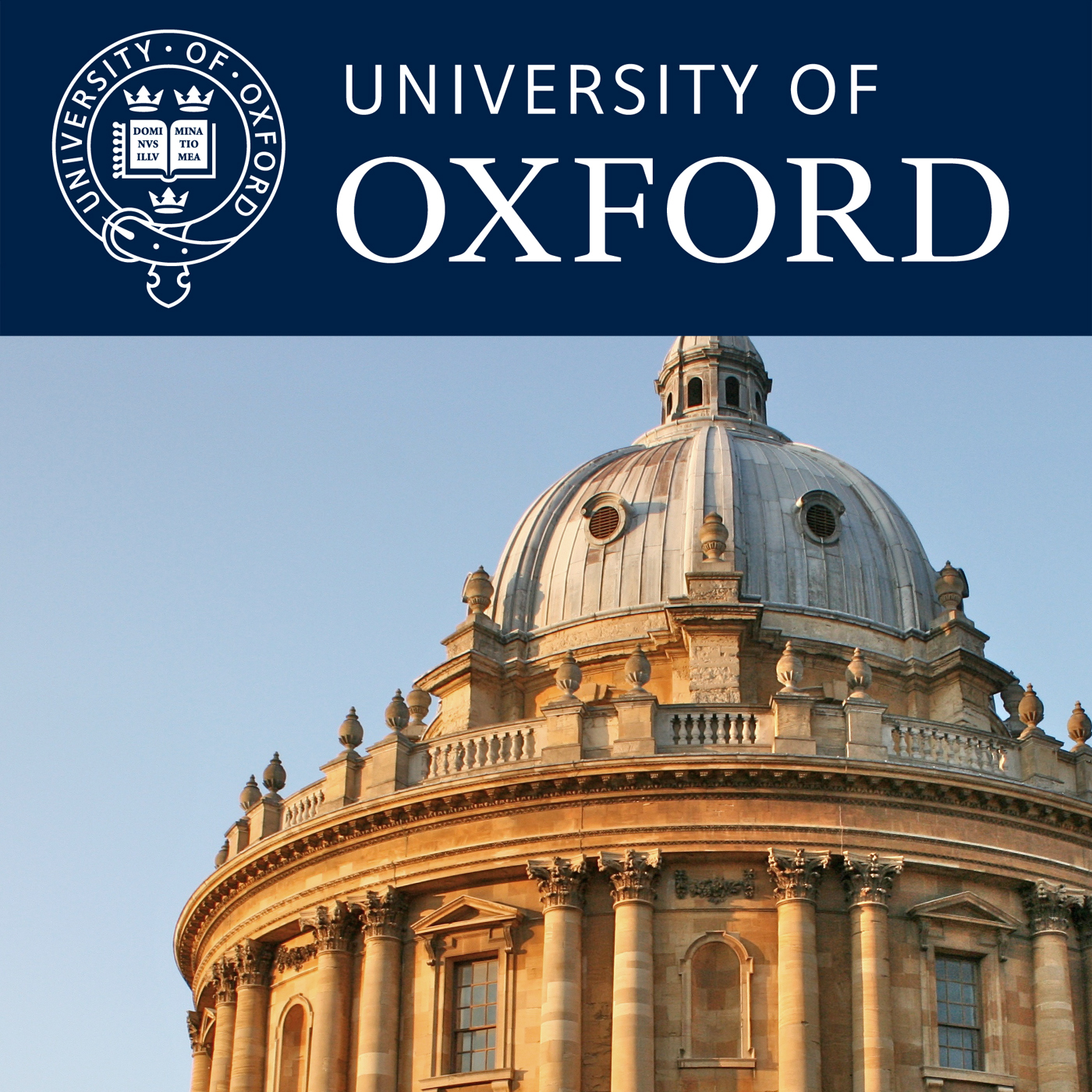Episodes
This paper explores the relationship between testimony and fiction in the context of transitional justice, by comparing three 1950 European literary works which use the form of interrogation, investigation, and trial.
Published 09/03/18
The paper explores selected testimonies and memoirs by survivors of state repression in Tunisia, in order to discuss whether their role is to be considered reformist or revolutionary after the liberation of narrative in 2011.
Published 09/03/18
This paper examines the use of victim testimony by the UN International Criminal Tribunal for the former Yugoslavia, discussing the role of ‘humanitarian narratives’ in our understanding of the wars of Yugoslav succession.
Published 09/03/18
This paper discusses the problems of literary memorialization and quest for truth in the aftermath of the Rwandan genocide as addressed by Veronique Tadjo’s The Shadow of Imana.
Published 09/03/18
This paper analyses how victims’ voices were heard during the peace negotiations and in the implementation of the 2016 peace accord between the FARC guerrilla and the Colombian government.
Published 09/03/18
By analysing two Latin American fictional narratives, this paper explores the metaphors of humanity as waste and memory as cleansing in the context of transitional justice.
Published 09/03/18
The paper discusses three contemporary Taiwanese artworks related to the tragic events of 28 February in Taiwan, presenting their emphasis on victims as crucial in understanding the process of transitional justice.
Published 09/03/18
This paper is a study of transitional justice in Spain after the Francoist dictatorship, a process of reconciliation based on the denial of the regime’s genocidal violence.
Published 09/03/18
The paper discusses the concept of tolerance in Arabic philosophy, literature and religion, foregrounding this value as an important objective of transitional justice in the Arab world.
Published 09/03/18
The paper explores the work of several intellectuals reflecting on South Africa’s transition to democracy, considering how the question of literacy precedes any discussion about literature and democracy.
Published 09/03/18
Published 09/03/18


